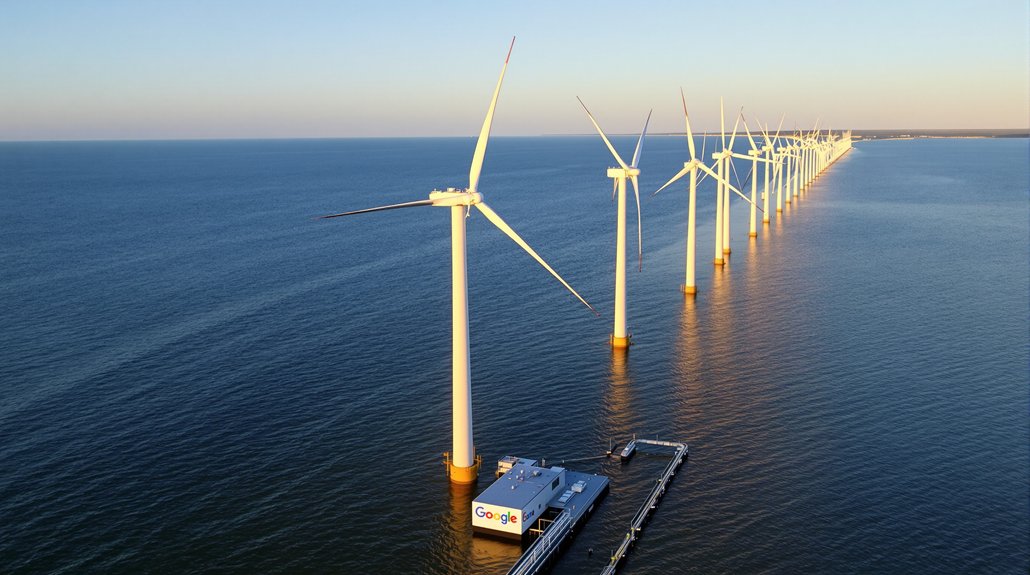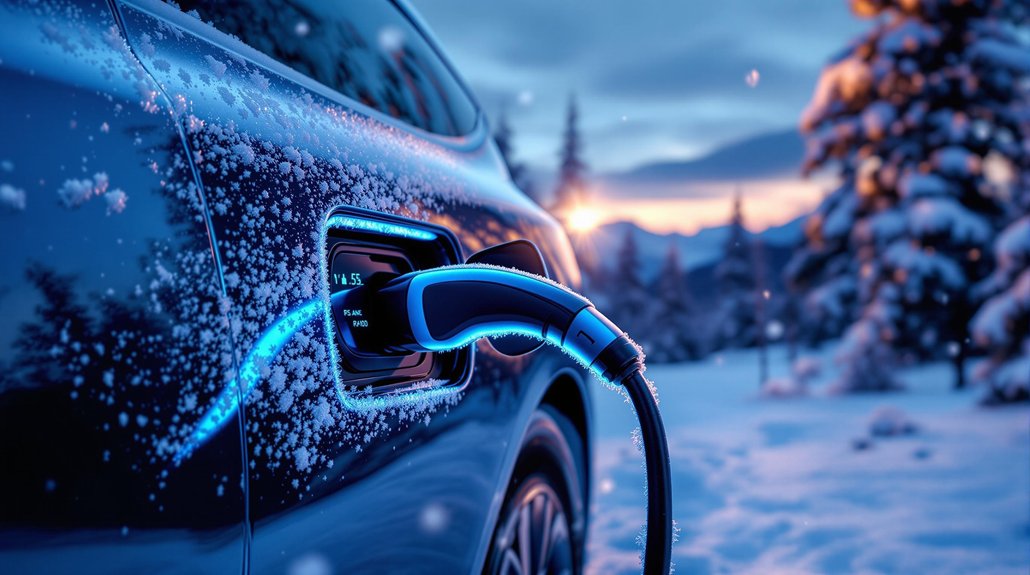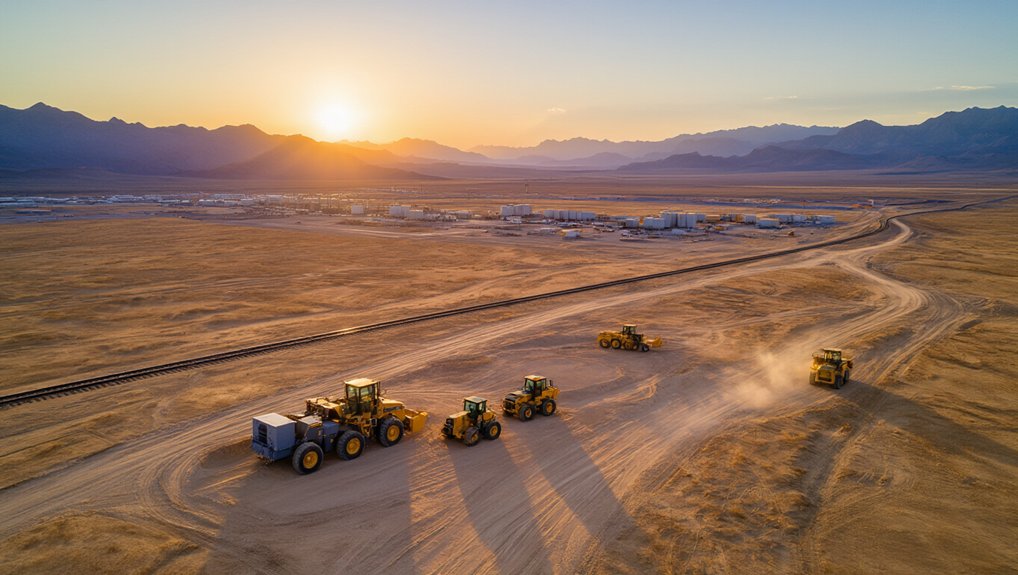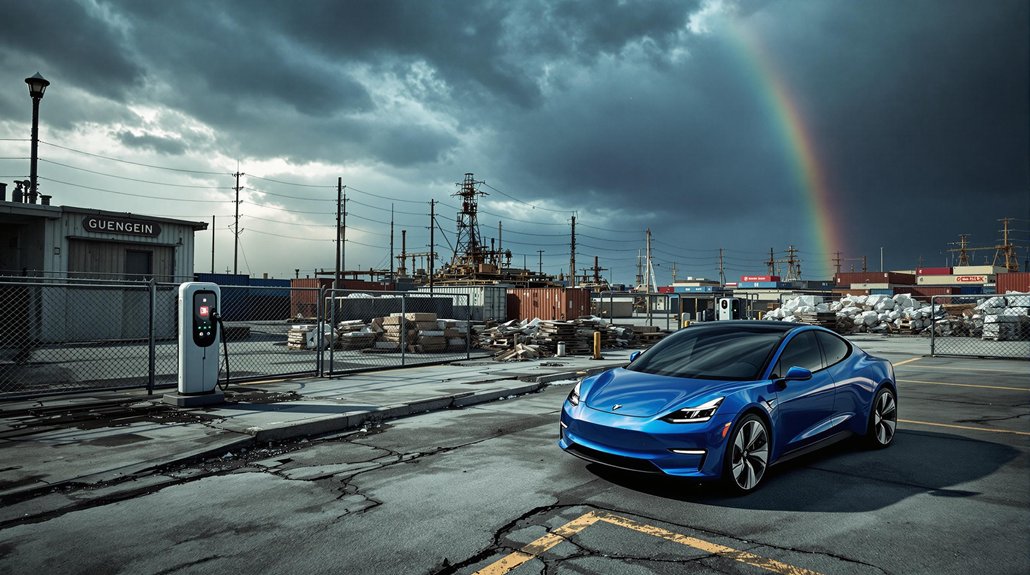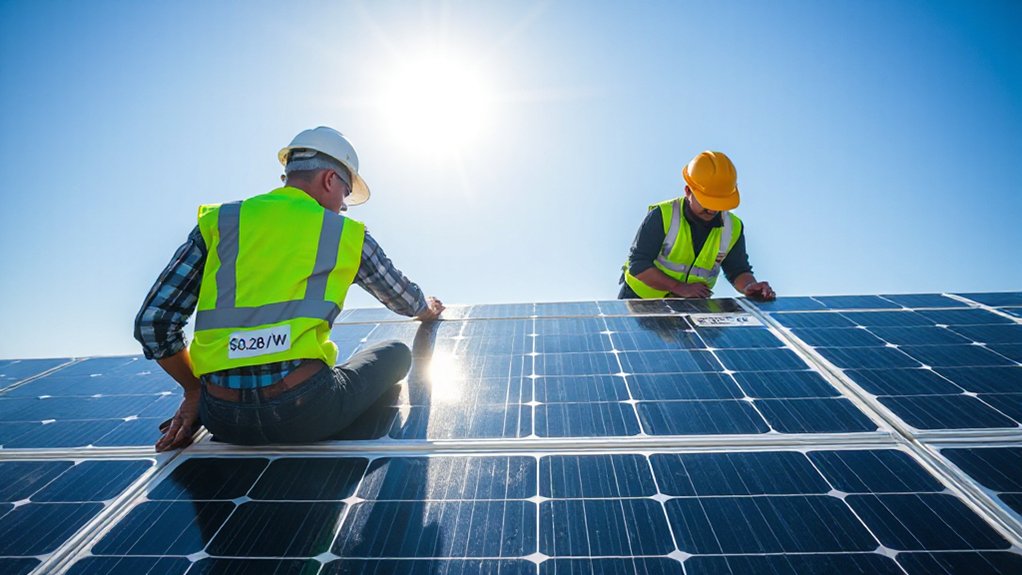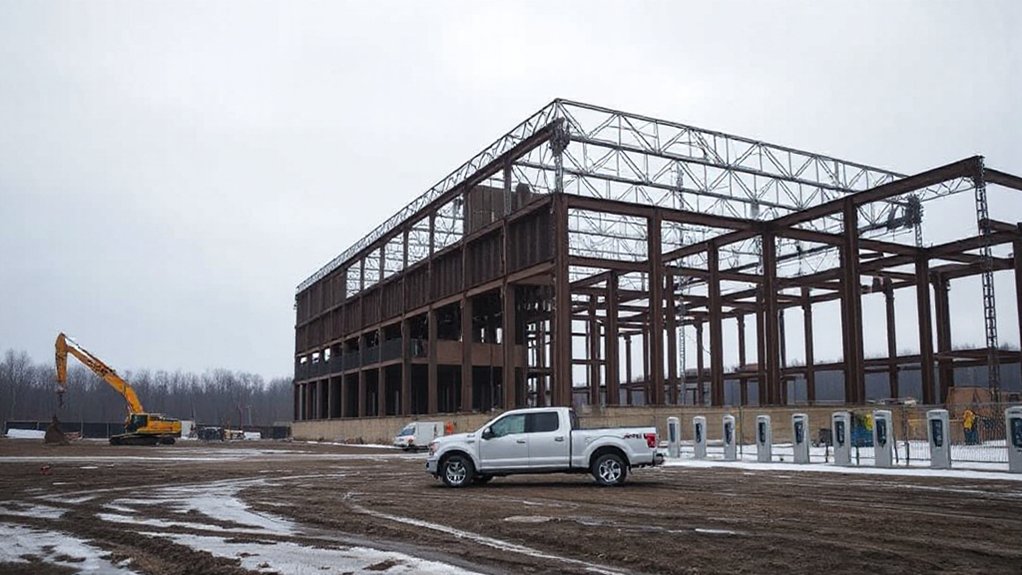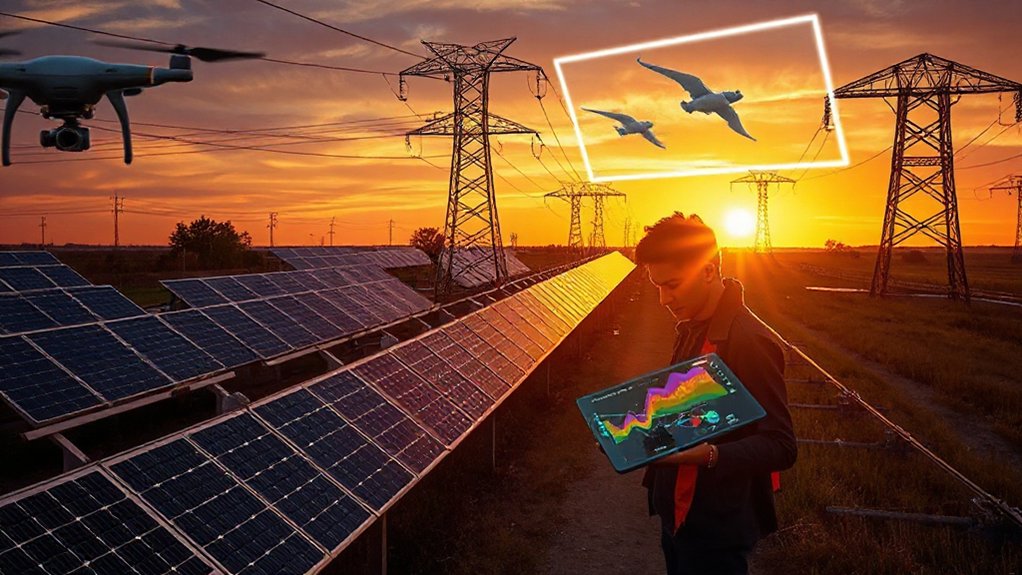In a bold move that could reshape commercial transportation across East Asia, Mitsubishi Fuso Truck and Bus Corporation has joined forces with Taiwan’s electronics giant Hon Hai Technology Group, better known as Foxconn. The partnership, formalized through a memorandum of understanding, aims to accelerate zero-emission bus development. No more diesel fumes. No more petroleum. Just clean, green machines rolling through city streets.
The collaboration leverages strengths from both sides. Mitsubishi Fuso brings decades of commercial vehicle expertise, while Foxconn contributes its electronics prowess. Their subsidiaries—Mitsubishi Fuso Bus Manufacturing and Foxtron Vehicle Technologies—are spearheading the joint activities. They’re not just talking about it; they’re doing it.
The alliance will initially focus on Foxtron’s existing electric bus platforms: the Model T and Model U. The Model T isn’t just some concept vehicle gathering dust in a warehouse. It’s already operating in Taipei’s public transit system. Impressive range too—up to 400 kilometers on a single charge. The Model U offers flexibility for mid-size mobility solutions. Because sometimes bigger isn’t better.
Japanese consumers will soon see these buses on their streets, rebranded under the FUSO name. The manufacturing will happen locally, with both companies sharing supply chain responsibilities. Efficiency matters. So does scalability.
This partnership couldn’t come at a better time for Taiwan. The country has committed to full bus electrification by 2030, backed by serious money—US$2.05 billion for new vehicles. Taoyuan City is leading the charge, targeting 35% electrification by 2025. They’re not messing around.
Beyond the initial markets, the companies are exploring business models for international expansion. Similar to the capacity factor benefits of geothermal energy, these electric buses will deliver consistent, reliable transportation regardless of weather conditions. They’re thinking big. Really big. The goal isn’t just to sell a few buses—it’s to transform commercial transportation with zero-emission technology. Battery electric. Hydrogen fuel cells. Whatever works, as long as it doesn’t spew greenhouse gases. This innovation is projected to substantially reduce the 38,000 tonnes of emissions that could be eliminated annually through the phase-out of fuel-powered vehicles.
The future of public transportation just got a little cleaner. And a lot more interesting.
The alliance represents a significant step toward sustainable business growth through joint initiatives that will strengthen FUSO’s position in the competitive bus market.
References
- https://taiwannews.com.tw/news/6182434
- https://www.foxconn.com/en-us/press-center/press-releases/latest-news/1821
- https://www.electrive.com/2025/08/25/mitsubishi-fuso-foxconn-announce-electric-bus-partnership/
- https://focustaiwan.tw/sci-tech/202508240011
- https://www.automotiveworld.com/articles/foxconn-partners-with-mitsubishi-fuso-on-electric-buses/

